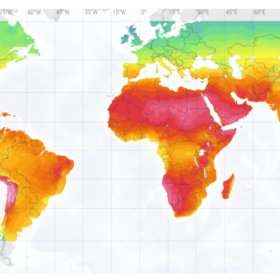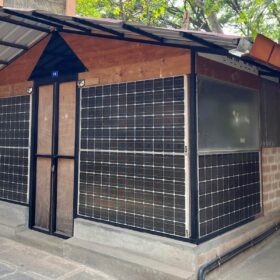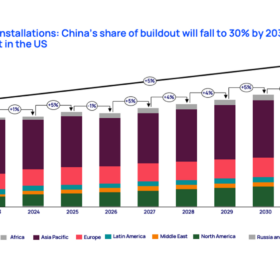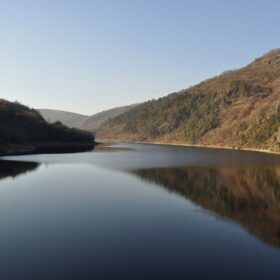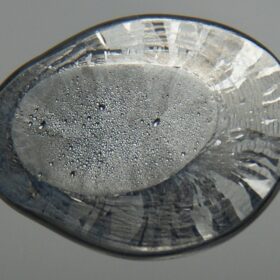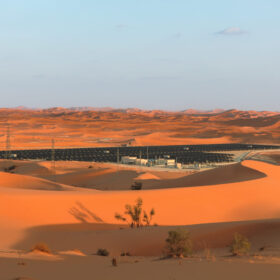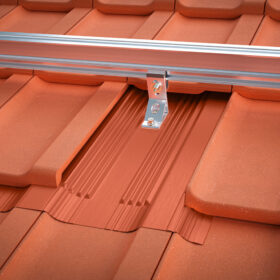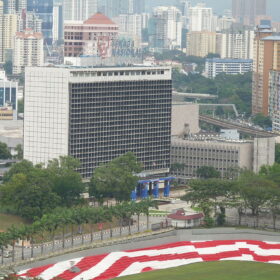New study claims PV industry is neglecting overirradiance issues
Overirradiance conditions may affect the operating performance of photovoltaic plants, the stability of the electrical grid, and the efficiency of inverters. A research team has warned these effects are currently not being given proper consideration by the solar industry.
Biwatt unveils new residential sodium-ion batteries
Biwatt Power, a Chinese manufacturer, has developed new residential sodium-ion batteries with an efficiency rate of 97% and a projected lifespan of more than 3,000 cycles.
Using end-of-life photovoltaic panels as building material
Scientists in India have proposed to use solar modules at the end of their lifecycle as a building material for low-cost small housing units. With solar module recycling currently not viable economically, the researchers said their approach makes conventional solar panels into BIPV products without any modifications.
WoodMac predicts 270 GW of new global PV capacity in 2023
Wood Mackenzie expects 270 GW of new global PV capacity in 2023, up 33% year on year. However, the annual growth rate is anticipated to fall to 1% in 2024 and to increase again by 5% in 2025.
Romania resumes development of 1 GW pumped hydropower project
Romania is resuming the development of the Tarniţa Lăpuşteşti pumped hydro storage project, with a planned capacity of 500 MW to 1 GW. It will be the first installation of its kind in the country.
New technique to recover lead in end-of-life solar panels
A research group in the United States has developed a process to recover lead in its metallic form so that it can be reused in the PV industry. The process relies on a leaching solution based on a combination of acetic acid (CH3COOH) and hydrogen peroxide (H2O2), which the researchers said leaches the lead ‘in a matter of minutes.’
Redarc unveils 150 Ah lithium battery
The Alpha 150 battery, produced in the Netherlands by Australian electronics manufacturer Redarx, has a lifespan of more than 5,000 cycles and a continuous discharge rating of 200 A.
Algeria’s Sonelgaz reveals prequalified bidders for 2 GW solar tender
Sonelgaz, Algeria’s state-owned utility, is seeking proposals to build 15 solar plants in 11 locations. The projects will range in size from 80 MW to 220 MW.
Aerocompact releases ‘universal’ mounting system for pitched roofs
Aerocompact, an Austrian manufacturer, has unveiled a ‘universal’ mounting system for pitched roofs that reduces assembly times by up to 40%. It features colored cover plates in red, brown, or anthracite.
Malaysia increases green energy tariff for residential, industrial consumers
Malaysia has increased the green energy tariff for residential and industrial consumers through the Green Electricity Tariff (GET) program. The government is offering 4,500 GWh of power to residential and industrial customers each year. These customers will be charged an additional MYR 0.281 ($0.062) for each kilowatt-hour of renewable energy that is purchased.

